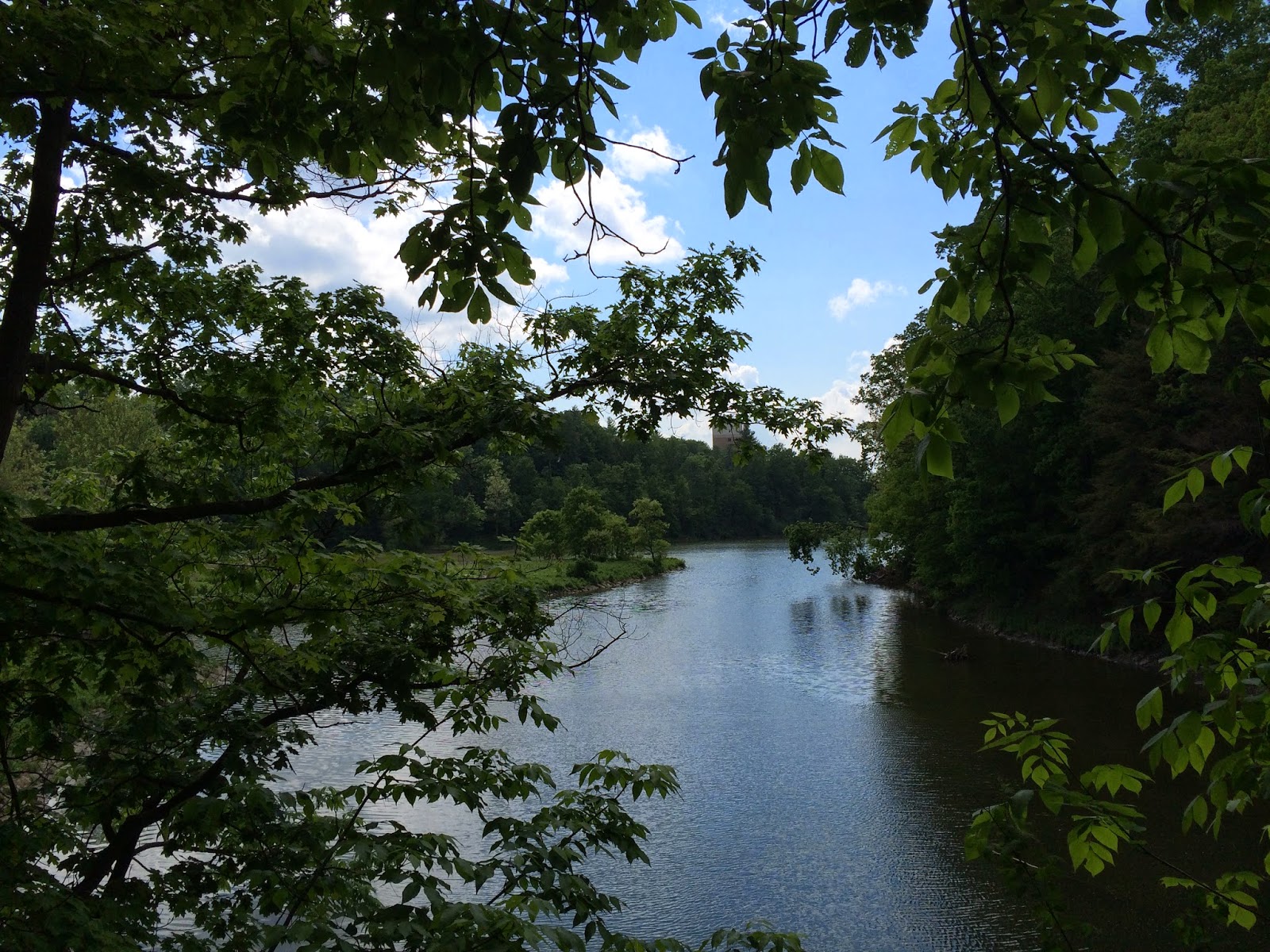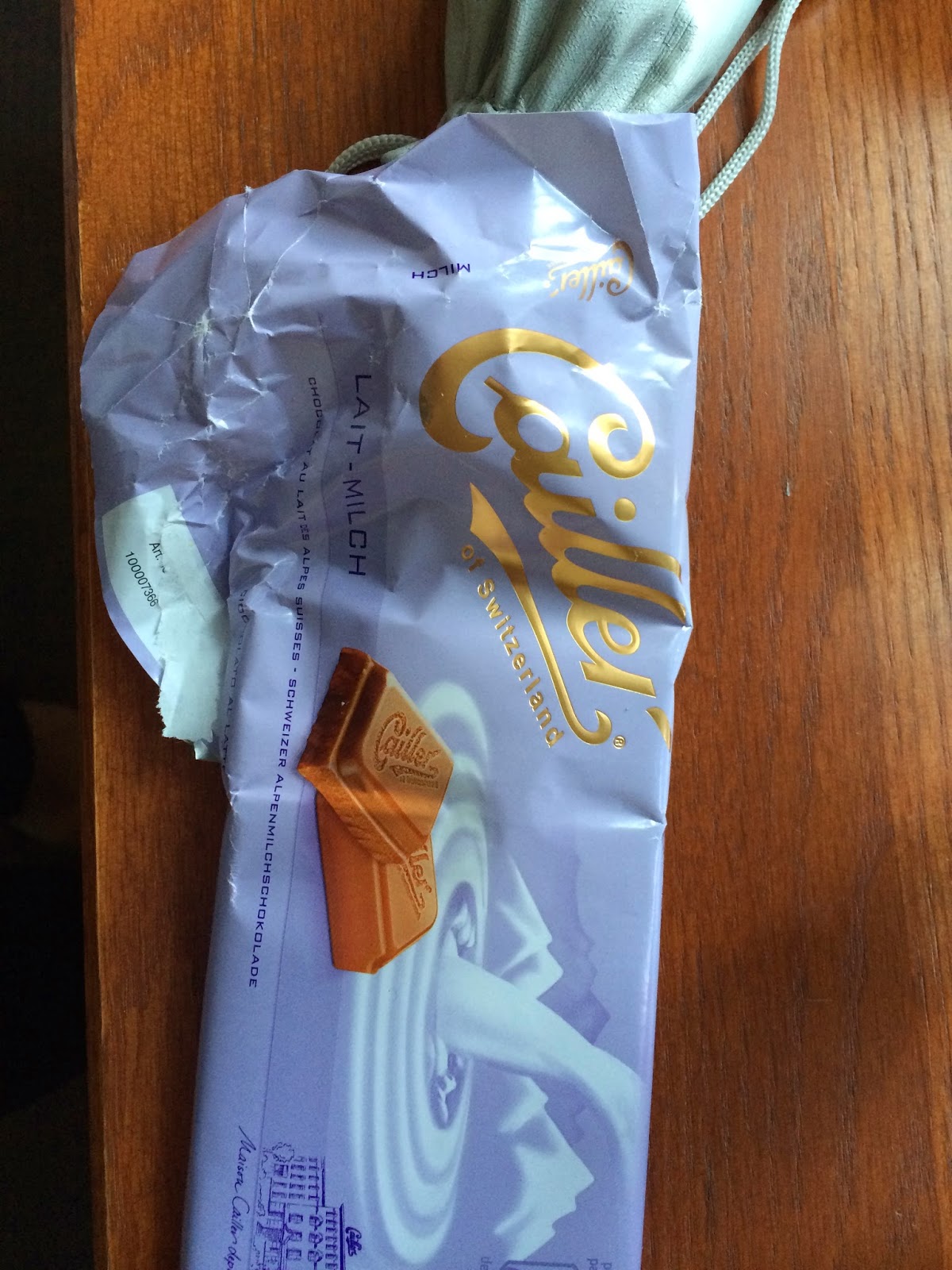Neuroscience


- What Is Bioinformatics?
One scientist might call it "intersection of biology, computer science, and sometimes statistics." Another may say it is the use of "computational methods for comparative analysis of genome data." For most people, it's just a bunch of compiling errors...
- "what's In A Rose? That Which We Call A Name": Semiotics In Science
"What's the use of their having names," the Gnat said, "if they won't answer to them?""No use to them," said Alice; "but it's useful to the people that name them, I suppose. If not, why do they have names at all?""I can't say," the Gnat...
- Logic And The Crossroads Of Philosophy, Mathematics, And Science
Though I'm studying a wide breadth of math, science, and philosophy courses, I never really had much of an interest in the philosophy of science. Every now and then, I would find myself reading up about ethics, linguistics, art history, but even the...
- Unplug And Recharge - My Poster Presentation And What I've Learned Form My Internship
I've officially finished my research internship at the Boyce Thompson Institute. After several stressful nights of analyzing my data, putting it into a readable form, and drawing conclusions, I whipped together a poster that shows my results. From...
- Experience In Eye-tracking? Consider This Ph.d. Fellowship Opportunity At The University Of Miami!
PhD Opportunity at the University of Miami in Interdisciplinary Decision Making The Abess Center for Ecosystem Science and Policy at the University of Miami seeks applicants for a PhD fellowship. The program draws on insights from economics, psychology,...
Neuroscience
Beginning my summer research internship - on bioinformatics and math and everything
What do you get when you combine running and nature, two of my favorite interests?

Pictured: nature
Cornell University, aka, the place where everyone runs and worships trees. Last Saturday I moved into a residence hall with ~20 other students as part of a Research Experience for Undergraduates (REU) with the Boyce Thompson Institute, where I'll be using computers, science, and computer science to study the DNA of tomatoes. When I was applying for summer internships, I thought this one sounded interesting, but I never realized how much I really loved Cornell and its atmosphere until I got here. Everything about being at a small, private school seems different than at the state college I attend. Even though its summer (which means the campus is mostly empty of students and there isn't much going on), I still feel like I'm a student who truly belongs here. It makes me excited to do research, and I'm definitely going to miss it when I return at the beginning of August.
The journey I've taken in my research career has been serendipitously zig-zaggy and spanned several fields, despite the fact that I've only finished my freshman year of college. When I was in high school, I participated in a summer science camp at a small college where I would start my research career. Unfortunately, though I was obsessed with math and physics, the college was only strong with biology research. But my professor introduced me to biostatistics, or, how the field in which people have finally realized that biology and math can coexist together without the world exploding. When I realized how essential mathematics was to biology, I joined the bandwagon of cocky physicists trying to explain all biological phenomena through numbers, and ended up in a bioinformatics lab at my university. There, I began to grind my nose to the concrete in research until I had the experience needed to get into this internship. Along the way, I've also joined a computational physics lab at my university, but I have yet to do much research on it. Hopefully, this summer or next fall, I can begin to get some work done in my physics lab as well.
On my plane trip here, I met a sweet girl from Switzerland. We had lunch together and she gave me some Swiss chocolate!

Pictured: happiness.
When people ask me what bioinformatics is, I usually respond that it's "using computers to study biology." But that's a very superficial way to define a field of study. I might as well have just said "It's about pushing buttons on a machine so that lights turn on and off." It probably makes more sense to look at an area of study by examining the way it goes about solving problems and analyzing nature, rather than the methods and techniques used by the scientists.
The whole concept of having a field called "bioinformatics" always intrigued me. When we use computer science or statistics in biology, as we call it "bioinformatics" or "biostatistics" but when use computer science or statistics in physics, we don't say "physioinformatics" or "physiostatistics"; we just say "physics." I think this is the result of our ignorance of the connections between mathematics and biology. We've been taught that biology is a "soft science" that doesn't require math the same way chemistry and physics do, despite the fact that there have been plenty of famous biologists (Eric Lander, Crick, Mendel, to name a few) who had extensive backgrounds in mathematics.
I guess when Galileo said "The Book of Nature is written in the language of mathematics," he knew something about how we were going to describe our universe.
There was a speaker today who explained that "bioinformatics is how biology has entered the field of computer science." The cocky scientist inside of me scoffed as I thought "No way! Bioinformatics is how computer science entered biology, not the other way around."
Until next time, this physicist-biologist-computerman will keep pushing buttons on this laptop.
- What Is Bioinformatics?
One scientist might call it "intersection of biology, computer science, and sometimes statistics." Another may say it is the use of "computational methods for comparative analysis of genome data." For most people, it's just a bunch of compiling errors...
- "what's In A Rose? That Which We Call A Name": Semiotics In Science
"What's the use of their having names," the Gnat said, "if they won't answer to them?""No use to them," said Alice; "but it's useful to the people that name them, I suppose. If not, why do they have names at all?""I can't say," the Gnat...
- Logic And The Crossroads Of Philosophy, Mathematics, And Science
Though I'm studying a wide breadth of math, science, and philosophy courses, I never really had much of an interest in the philosophy of science. Every now and then, I would find myself reading up about ethics, linguistics, art history, but even the...
- Unplug And Recharge - My Poster Presentation And What I've Learned Form My Internship
I've officially finished my research internship at the Boyce Thompson Institute. After several stressful nights of analyzing my data, putting it into a readable form, and drawing conclusions, I whipped together a poster that shows my results. From...
- Experience In Eye-tracking? Consider This Ph.d. Fellowship Opportunity At The University Of Miami!
PhD Opportunity at the University of Miami in Interdisciplinary Decision Making The Abess Center for Ecosystem Science and Policy at the University of Miami seeks applicants for a PhD fellowship. The program draws on insights from economics, psychology,...
